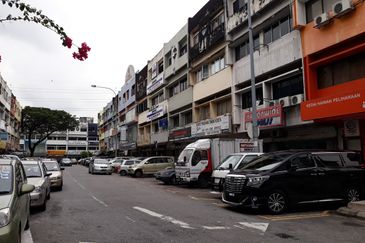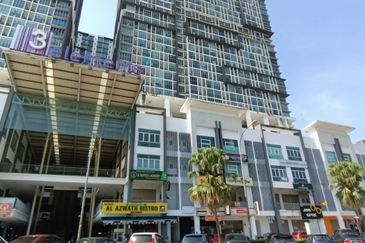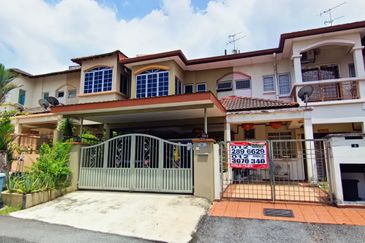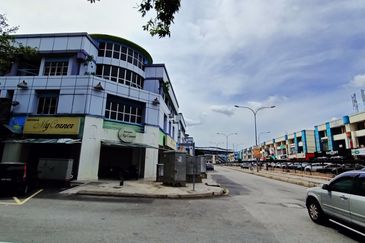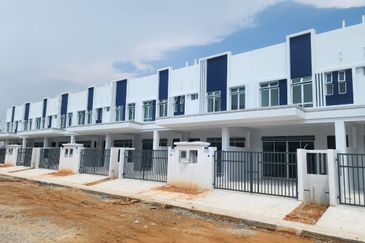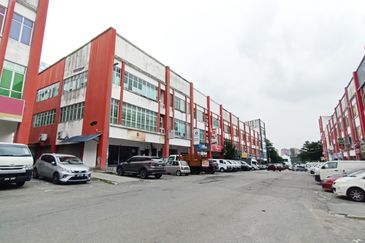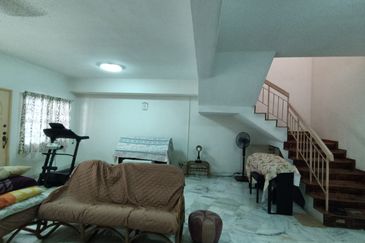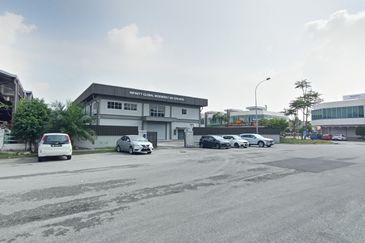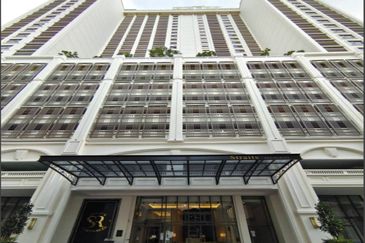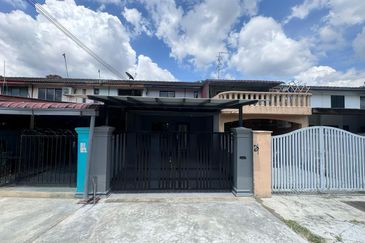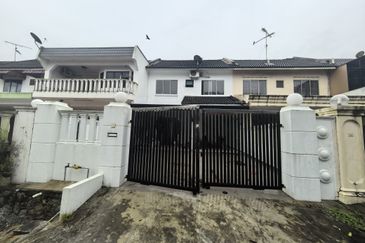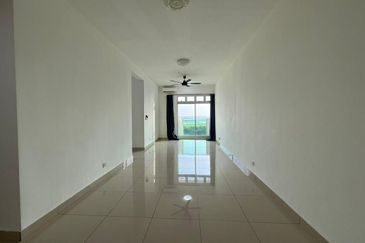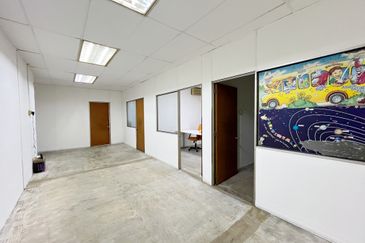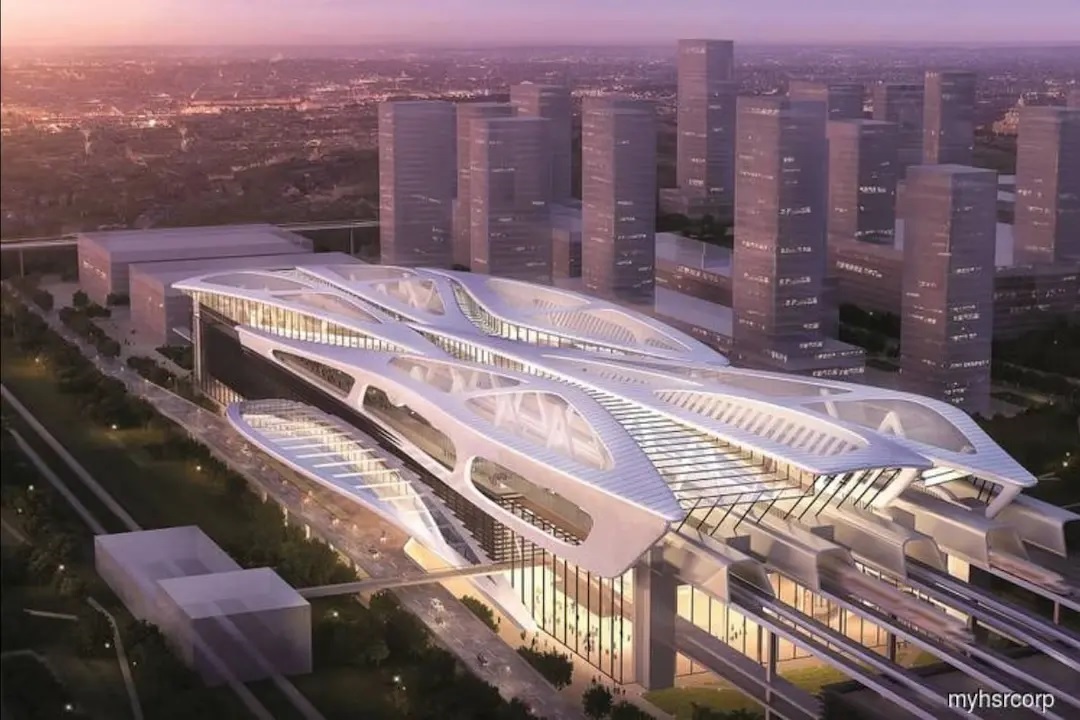
- Maybank Investment Bank (Maybank IB) head of equity research Wong Chew Hann: In the private sector, you go into business because you want to make money. That means you need to get back the return on the RM100 billion, which comes to about over RM3 billion per annum in terms of revenue that you need to get back. Can this project give back in terms of ridership? Can it return RM3 billion per annum? I don’t think so.
KUALA LUMPUR (Jan 12): The Kuala Lumpur-Singapore high-speed rail (HSR), which is estimated to cost RM100 billion, will be challenging to undertake without involvement from the government, said Maybank Investment Bank (Maybank IB) head of equity research Wong Chew Hann.
“Now, [for the estimated] RM100 billion, is it just pure construction, or involves everything such as interest during construction and all that? You divide [the cost] by 30 years. Based on the mathematical estimation, it is over RM3 billion per year in terms of depreciation,” she told the press at Maybank IB’s 2024 Market Outlook on Friday.
“In the private sector, you go into business because you want to make money. That means you need to get back the return on the RM100 billion, which comes to about over RM3 billion per annum in terms of revenue that you need to get back.
“Can this project give back in terms of ridership? Can it return RM3 billion per annum? I don’t think so,” she said when asked to comment on the feasibility of the project, following reports that Japanese firms have pulled out from bidding for the project.
Japanese agency Kyodo News reported earlier on Friday that Japanese firms, which intended to use the Shinkansen bullet train system in the project, decided to opt out of the request for information (RFI) as it would be too risky without the Malaysian government's financial support.
Wong said many major infrastructure projects like the HSRs in China and Japan were either fully or substantially funded by the government.
“There needs to be involvement [from the government]. However, I do understand the government’s point of view [to make it 100% privately funded], because RM100 billion could also be a strain on the government’s balance sheets,” she said.
Earlier, Prime Minister Datuk Seri Anwar Ibrahim said the government will study the impact of the Japanese firms' decision to drop out from the HSR project.
The project, initially agreed to by the Malaysian and Singaporean governments in 2013, called for the building of a 350km HSR link that would cut travel time between Kuala Lumpur and the Lion City to just 90 minutes, compared with over four hours by car.
However, the project was called off by the Muhyiddin administration in 2020, causing Malaysia to pay RM320 million in compensation to Singapore.
The HSR was mooted again after Anwar came into power, but Transport Minister Anthony Loke Siew Fook subsequently said the project would only be revived if it is privately funded.
The due date for the RFI, which was launched by MyHSR Corp Sdn Bhd in July 2023 to enable the private sector to submit concept proposals, is next Monday (Jan 15).
Looking to buy a home? Sign up for EdgeProp START and get exclusive rewards and vouchers for ANY home purchase in Malaysia (primary or subsale)!
TOP PICKS BY EDGEPROP
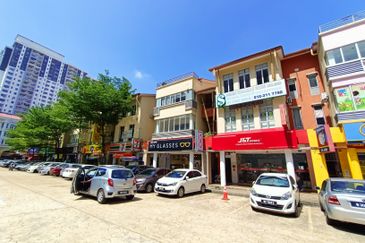
NZX Commercial Centre
Petaling Jaya, Selangor
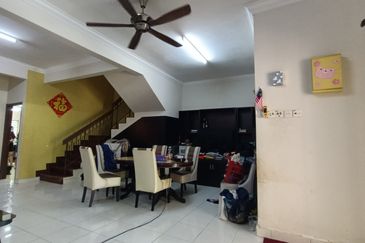
2 Storey Link House, Bandar Puteri Puchong, Puteri 12
Bandar Puteri Puchong, Selangor
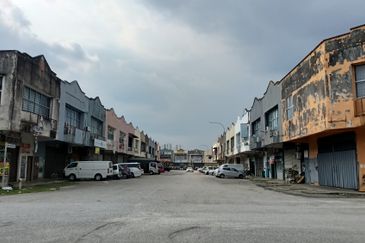
Taman Perindustrian Bukit Serdang
Seri Kembangan, Selangor
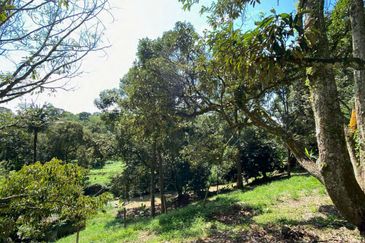
9 acres Durian Farm Pahang Raub, Jalan Sungai Chalit, Kampung Sungai Klau Agricultural Land
Raub, Pahang
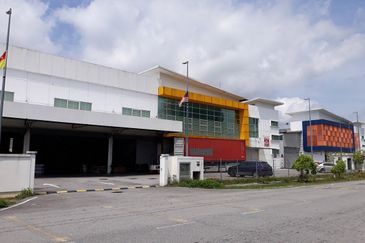
Taman Perindustrian Putra Puchong
Puchong, Selangor
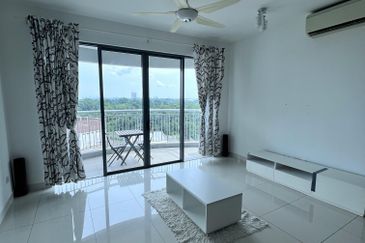
Teega Residences, Puteri Harbour
Kota Iskandar, Johor


